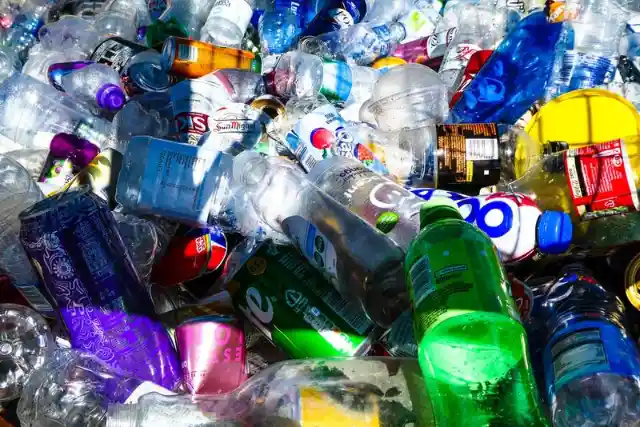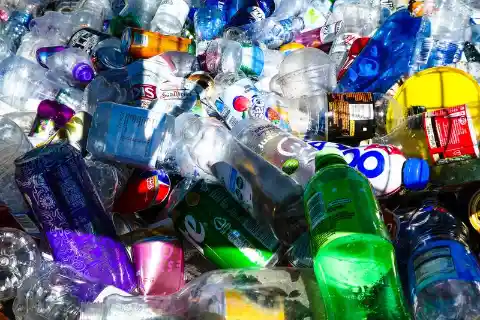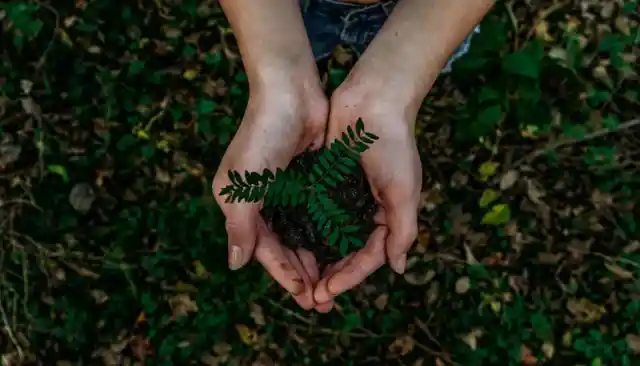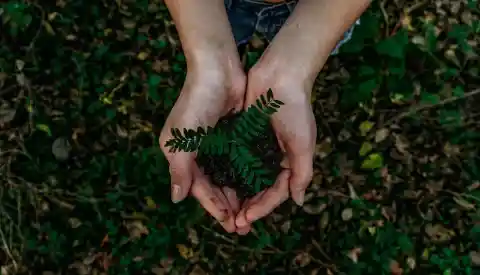Imagine a world in which plastic is fully recyclable. Every single bit gets fully repurposed and given a new life. For the French company Carbios, this is their vision.


A lot of today’s product packaging is made of PET (polyethylene terephthalate) plastics. Only a small portion of it is currently being recycled: just under 30% in the US. The new approach that Carbios is looking at applying is bio-recycling enzymes that will require the construction of a new recycling plant. The process is envisioned to take just a few hours.
Not only is this at the core of their business plan, but they have also made a step towards making it a reality by securing the funding it requires. You can imagine why so many corporations like Nestlé, PepsiCo, and others are among the multinational businesses that rely heavily on the use of plastic packaging would be interested in the success of Carbio’s green technology.
So how does bio recycling actually work? In Carbios' lab, plastic water bottles and polyester shirts get broken down into monomers (the basic building blocks of the material) with the aid of water, enzymes, and heat. The monomers then get purified and can be utilized for the production of new plastic, even into an entirely different object. The final product from it will look and perform the same as if it is made the traditional way – from petroleum. This is an infinite cycle.


Big companies and manufacturers are under lots of pressure from consumers to adopt greener methods and this bio recycling innovation might just offer the solution. Several companies have already jumped on the bandwagon and are supporting the startup.
Your next pair of sneakers might be former polyester clothes, carpets, or food trays. Carbios’ promising technology is marching into the future with hope for cleaner and more effective plastic recycling solutions than ever before!